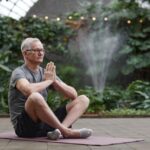Meditation: The Ultimate Stress-Relief Solution for Your Chaotic Life
In the fast-paced whirlwind of modern life, stress has become a common companion. It clings to the average person, mangers, teacher’s, weaves through the daily routines of health enthusiasts, and infiltrates the lives of emergency responders, leaving an indelible mark on health and well-being for all. For many, the clamor for a ‘stress detox’ is perennial, with numerous activities and remedies often falling short of genuine reprieve.
Yet, one practice has demonstrated its potency in this realm time and time again—meditation. It beckons you to a space of tranquility, a refuge from the storm. Imagine a life where you are the calm in the midst of the storm, undisturbed by the whirlwind around you. Yes, such a life is achievable, and the bridge to this serenity is meditation.
This ultimate stress-relief guide is your ticket to a more peaceful existence. Your stress might be inevitable, but how you deal with it doesn’t have to be. This guide is designed not just to inform, but to guide you step by step through the process of incorporating meditation into your daily routine. You’ll emerge more grounded, resilient, and equipped to handle whatever life hurls in your direction.
The Need for Emotional Rebalancing
Before we plunge into the depths of meditation, we must understand why it’s the best solution for our stress-filled lives. When we are stressed, the body’s alarms enter hyperdrive. This triggers a fight-or-flight response. However, unlike our ancestors, we face chronic, non-life-threatening stress. We’re not running from wooly mammoths; we’re dodging deadlines, navigating traffic, and dealing with an onslaught of daily digital data.
This constant state of alertness takes its toll. Our heart rate spikes, our muscles tense, and our breath quickens. Digestion and other non-essential activities go on pause. Our body has no chill time, and the consequences are far-reaching. Chronic stress can lead to anxiety, insomnia, high blood pressure, and even heart disease.
Meditation acts as a counterbalance to this. It switches off the body’s stress response and activates its natural relaxation response. Your heart rate slows, your muscles relax, and your breath deepens. Regular practice teaches your body to find its way back to this calm center even when the world around you is in chaos.
What Are the Three Steps to Meditating Properly?
You might be thinking, “Meditation sounds great, but I have no idea how to do it.” That’s okay; we’ve got you covered. Meditation is actually quite simple and requires only three basic steps.
Find your space
Find a comfortable position: You don’t need to contort your body into any fancy poses or sit cross-legged on the floor. Simply find a comfortable position – sitting in a chair, lying down, or even standing – that allows you to relax without falling asleep.
Set the scene
You might want to play gentle, ambient music or light a candle. The sensory experiences associated with these actions can provide a focus point during meditation and trigger relaxation responses.
Focus on your breath: The key to meditation is focusing on your breath. Close your eyes and take slow, deep breaths, paying attention to the sensation of the air entering and leaving your body.
Relax and breathe
Close your eyes and take several deep, intentional breaths. Focus on the sensation of air entering and exiting your body. When thoughts come, acknowledge them but gently guide your attention back to your breath.
Let go of thoughts: As you focus on your breath, thoughts will inevitably arise. The key is to simply acknowledge them and then let them go. Don’t try to push them away or hold onto them, just let them pass by like clouds in the sky.
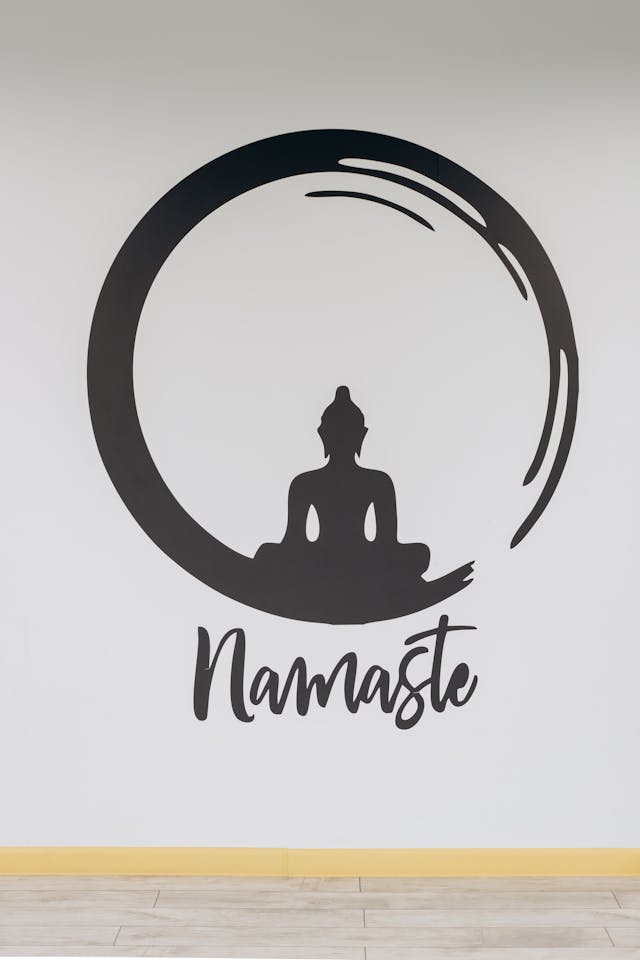

Sample Meditation Clip
For those eager to begin their meditation practice, a guided session can provide structure and support. Here’s a simple starter meditation to help emergency responders find their footing in this powerful stress-reducing practice:
How Can You Incorporate Meditation into Your Daily Routine?
You may be thinking, “That sounds great, but I don’t have time for meditation.” The truth is, you don’t need hours of free time to reap the benefits of meditation. Even just a few minutes a day can make a significant difference in your overall well-being. Here are some tips for incorporating meditation into your daily routine:
- Start small: Begin with just 5 minutes of meditation each day and gradually increase the length as you become more comfortable with the practice.
- Make it a habit: Set a specific time each day for your meditation practice. This will help to create a routine and make it easier to stick with it.
- Find a quiet space: While you can meditate anywhere, finding a quiet space will help minimize distractions and allow you to fully focus on your breath.
- Use guided meditations: There are many apps and online resources that offer guided meditations, making it easier for beginners to get started.
- Be patient with yourself: Meditation takes practice and patience. Don’t get discouraged if your mind wanders or you struggle to stay focused. Just acknowledge those thoughts and gently bring your attention back to your breath.
Additional Benefits of Regular Meditation
Aside from reducing stress and promoting relaxation, there are many other benefits that come with incorporating meditation into your daily routine. These include:
- Improved focus and concentration: Regular meditation can help improve your ability to stay focused and concentrate for longer periods of time.
- Increased self-awareness: By taking the time to quiet your mind, you become more aware of your thoughts, emotions, and patterns of behavior.
- Better sleep: Meditation has been shown to improve the quality of sleep, making it easier to fall asleep and stay asleep throughout the night.
- Reduced anxiety and depression: Studies have found that regular meditation can help reduce symptoms of anxiety and depression.
- Enhanced creativity: By quieting your mind and becoming more present, you may find that you become more creative and able to think outside the box.
- Improved immune function: Chronic stress can weaken the immune system, but meditation has been shown to reduce stress and boost immunity.
- Increased compassion and empathy: Regular meditation can help cultivate feelings of compassion and empathy towards yourself and others.
- Improved overall well-being: By promoting relaxation and reducing stress, meditation can lead to an overall sense of well-being and improved quality of life.
What are you waiting for ?
No matter your reason for starting a meditation practice, there are countless benefits to be gained from incorporating it into your daily routine. With dedication and consistency, you can reap the physical, mental, and emotional rewards that come with regular meditation. So why not start today? Take a few moments for yourself, find a comfortable seat, and let go of any expectations or judgments. Simply focus on your breath and allow yourself to be present in the moment. Your body and mind will thank you. Remember, even just a few minutes of meditation each day can make a big difference in your overall well-being. So don’t underestimate the power of this simple yet powerful practice. Namaste.
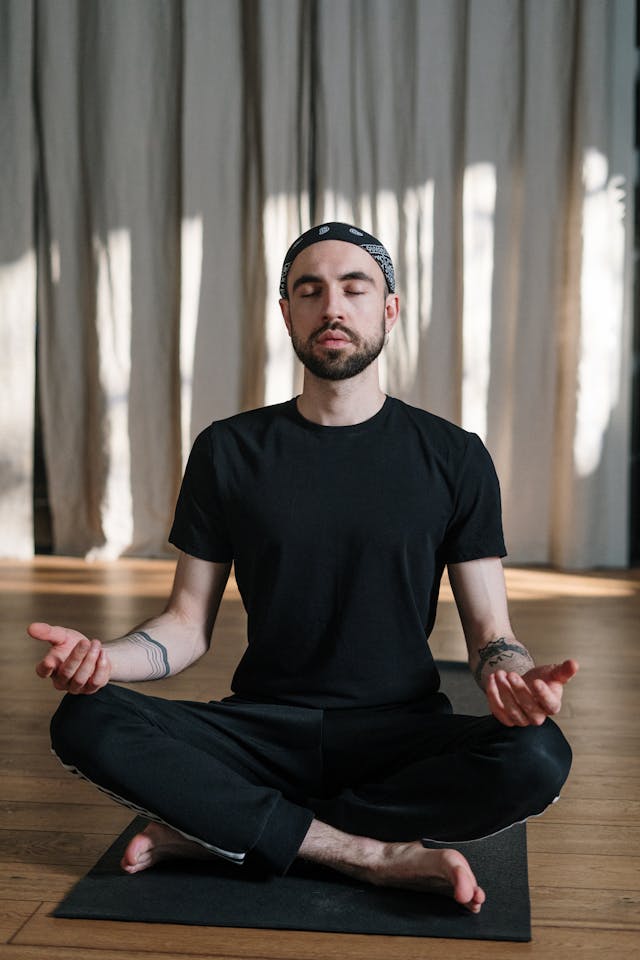
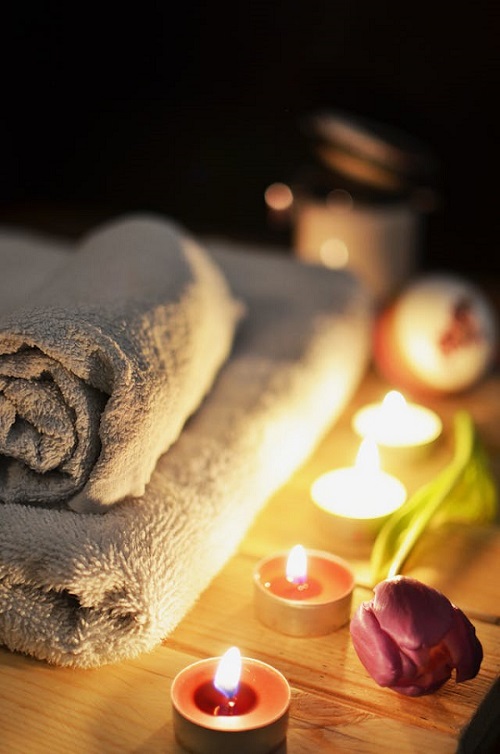
Akashic Records
Akashic Records are the living library of your soul lives in which ALL (lifetimes, events, relationships, conversations, karmic debts, contracts, core beliefs, energetic vibration, etc ) are recorded and held through all dimensions, planes, and times ~ Read More

About Me
I have been trained as a level 1 and 2 Reiki practitioner and I practice self-Reiki daily so that I stay in the flow of my energy. ~ Read More
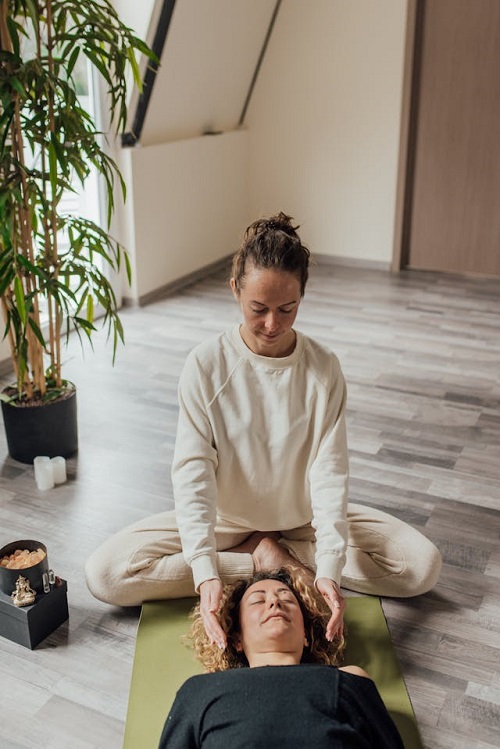
Learn More About Getting Started
Whether you are struggling with anxiety, depression or any other issue, I will help you recognize underlying problems, fully realize your strength ~ Read More


